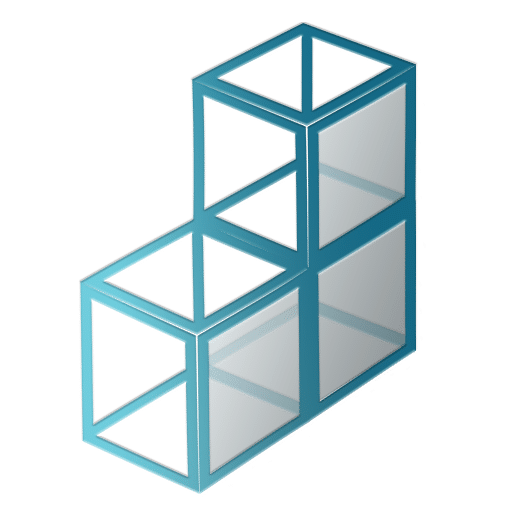
2D to 3D – Made Simple
Objective
Transition physical products into 3D digital assets for multiplatform marketing. Once a product is converted and optimized, a single asset can be used in a variety of ways which fit both current marketing standards, and future applications.

Beginning the Process
Assessment of the product is typically the initial phase which helps to achieve a price/part estimate. For businesses looking to digitize a large quantity of product, we suggest a “small batch baseline” in which we digitize a small batch of product to establish workflow, capture speed, finishing grade and optimization needs. This can be accomplished using a finite number of product to be digitized, or from a fixed budget to establish a price/part rate estimate.
Capture
A. Products can be individually scanned, 3D modeled, extracted using photogrammetry, or converted from CAD files.
B. Acceptable CAD conversion formats include – .3df .dwg .dxf .ply .obj .step .stl
Optimization
A. Files are optimized, reduced to a size of 5-15mb, and formatted to match the “3D Commerce” standard set forth by the Khronos group to allow for seamless integration into multiple applications. B. Final touchup and lighting engine enhancements are also completed during this step.
Deployment
A. Files are securely delivered to the client to own and manage.
B. Export Formats will include – .GTLF (Web Optimized) – USDZ (Web Optimized) and .OBJ (Master File).
Usage
A. Update online 2D product photos, switch to 360 Images, or make a statement with 3D digital images – all from a single asset.
B. Use as content for custom apps and enhanced buying experiences.
C. Embed Assets into applications like Power Point and Word to create a stunning sales presentation.
D. Create a Digital Catalog with Augmented Reality to get ahead of the competition.
E. Train employees using Virtual Reality for immersed education.

Beginning the Process
Assessment of the product is typically the initial phase which helps to achieve a price/part estimate. For businesses looking to digitize a large quantity of product, we suggest a “small batch baseline” in which we digitize a small batch of product to establish workflow, capture speed, finishing grade and optimization needs. This can be accomplished using a finite number of product to be digitized, or from a fixed budget to establish a price/part rate estimate.
The Pricing
While a general price range will fall between 40$/asset – 150$/asset, the following factors play a key role in dictating price/asset ratios and are typically assessed prior to a quote being given.
- Size, shape, exterior composition of the product.
- Scanning vs. Conversion vs. Photogrammetry vs. Modeling.
- Asset creation only vs. Asset creation combined with optimization and deployment assistance.
- Final output quality – i.e. how close will users zoom in and how detailed does the final asset need to be. Setting zoom limiters on 3D viewers is common practice to keep file sizes manageable. More detail will equal more time spent optimizing, and larger finished file sizes with higher polygon counts.
- Capture process rate – Unboxing items, prepping items, restocking items will have varying rates and circumstances, which ultimately affect completion times and output rates.
3D Assets
3D CATALOG
3D TRAINING
3D MOBILE
3D WEBSITES
3D LAYOUTS
3D PRODUCT
How you use your 3D assets is endless in your business development. In retail sales? Now, you can create a Digital Catalog with Augmented Reality to get ahead of your competition. In Human Resources? It’s time to take your training to the next level by using Virtual Reality for immersed education. Making a business pitch? Get ahead of the other presenters by embedding assets into applications like Power Point and Word to create a stunning sales presentation.
3D Product Categories
Healthcare
Food & Drink
ECommerce
Gaming
Event
Sports & Fitness
Real Estate
productivity
Fashion
Education

A Proven 3D Process
Our Latest Case Study In 2017, Haldex partnered with BOXX Imaging to implement a new and compelling strategy for presenting their ever-growing product line. The finished product allows for applications by both sales, marketing, and engineering in the coming years, making digital assets the future of product marketing.
